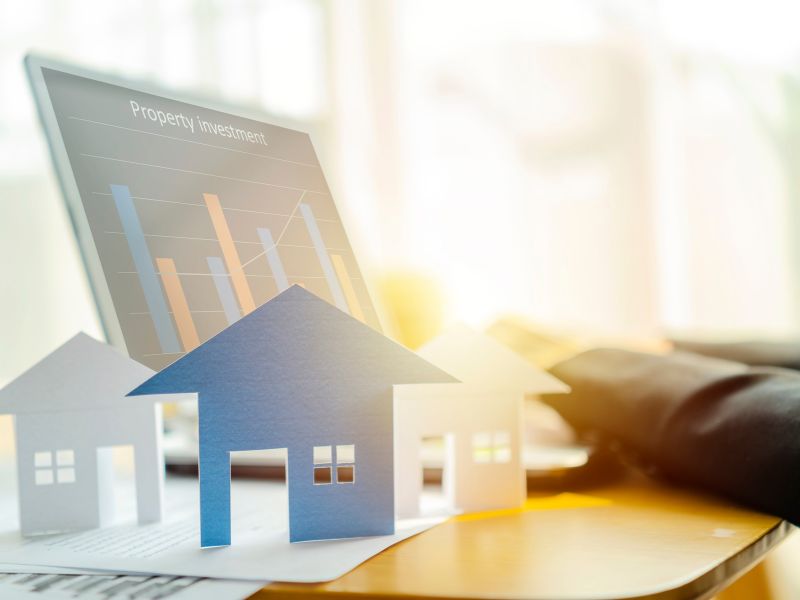 In the rapidly evolving landscape of real estate, smart homes are emerging as a transformative force, reshaping the way we live and interact with our living spaces. Automation and technology have become integral components of modern homes, offering unprecedented levels of convenience, efficiency, and sustainability. This article delves into the burgeoning realm of smart homes, exploring the impact of automation and technology on the real estate industry and the future trends that promise to redefine our concept of home.
In the rapidly evolving landscape of real estate, smart homes are emerging as a transformative force, reshaping the way we live and interact with our living spaces. Automation and technology have become integral components of modern homes, offering unprecedented levels of convenience, efficiency, and sustainability. This article delves into the burgeoning realm of smart homes, exploring the impact of automation and technology on the real estate industry and the future trends that promise to redefine our concept of home.
The Rise of Smart Home Technology
The past decade has witnessed an explosion in smart home technology, with devices ranging from smart thermostats and lighting systems to security cameras and virtual assistants. These innovations are designed to enhance comfort, security, and energy efficiency, providing homeowners with greater control over their living environments.
Integration and Connectivity
One of the key trends driving the future of smart homes is the increasing integration and connectivity of devices. The advent of the Internet of Things (IoT) has enabled seamless communication between various smart devices, creating a unified and interconnected home ecosystem. This connectivity allows homeowners to control and monitor their homes remotely, leading to increased efficiency and peace of mind.
Home Automation and Artificial Intelligence
Automation and artificial intelligence (AI) are at the forefront of the smart home revolution. Intelligent systems can learn from user behavior and adapt to preferences, automating routine tasks and creating personalized living experiences. From adjusting the thermostat to optimizing energy consumption, AI-driven automation is set to become an integral part of future smart homes.
Energy Efficiency and Sustainability
The future of smart homes is intrinsically linked to sustainability. Smart technologies play a crucial role in optimizing energy usage, reducing waste, and promoting eco-friendly practices. Energy-efficient appliances, smart HVAC systems, and solar-powered solutions contribute to both environmental sustainability and cost savings for homeowners.
Enhanced Security Features
Security is a top priority for homeowners, and smart home technology is revolutionizing the way we approach safety. Advanced security systems, including smart locks, video doorbells, and AI-powered surveillance, provide real-time monitoring and alerts. These features not only enhance home security but also offer a sense of control and peace of mind.
The Impact on Real Estate Values
As smart home technology becomes more prevalent, it is influencing property values. Homes equipped with the latest automation features tend to be more attractive to buyers and can command higher prices. Real estate developers are increasingly incorporating smart home features into new constructions, recognizing the growing demand for technologically advanced living spaces.
Challenges and Considerations
While the future of smart homes is promising, some challenges need to be addressed, such as data security and privacy concerns. As homes become more interconnected, the need for robust cybersecurity measures becomes paramount to safeguard sensitive information and protect residents from potential threats.
Redefining the Home Experience
The future of smart homes is marked by the seamless integration of automation and technology, fundamentally transforming the real estate landscape. Homebuyers and homeowners alike are seeking innovative solutions that enhance comfort, security, and sustainability.
As technology continues to advance, the smart home revolution is poised to redefine our concept of home, creating living spaces that are not only intelligent but also responsive to the evolving needs and preferences of residents.

